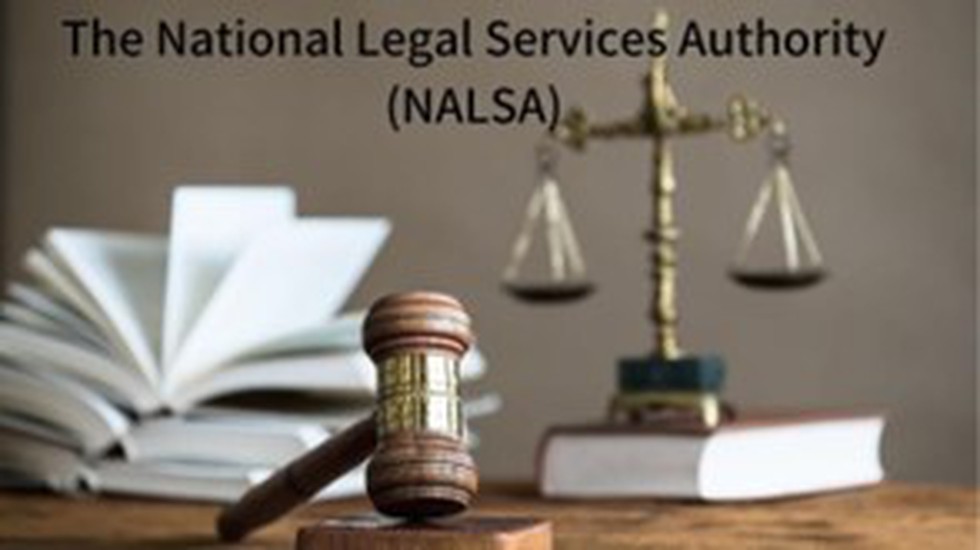About the National Legal Service Authority (NALSA):
- NALSA has been constituted under the Legal Services Authorities Act, 1987, to provide free legal services to the weaker sections of society and to organise Lok Adalats for amicable settlement of disputes.
- The prime objective of NALSA is the speedy disposal of cases and reducing the burden on the judiciary.
- The Chief Justice of India is the patron-in-chief of NALSA, while the second senior most judge of the Supreme Court of India is the Executive Chairman.
- It is housed at the Supreme Court of India, New Delhi.
- In every State, a State Legal Services Authority and in every High Court, a High Court Legal Services Committee has been constituted.
- District Legal Services Authorities and Taluk Legal Services Committees have been constituted in the Districts and most of the Taluks to give effect to the policies and directions of the NALSA, and to provide free legal services to the people, and conduct Lok Adalats in the State.
- NALSA, through the State Legal Services Authorities, also conducts legal literacy programmes.
- The free legal services include:
- Payment of court fees, process fees, and all other charges payable or incurred in connection with any legal proceedings;
- Providing the service of lawyers in legal proceedings;
- Obtaining and supply of certified copies of orders and other documents in legal proceedings.
- Preparation of appeal, paper book, including printing and translation of documents in legal proceedings.
- Persons eligible for free legal services includes:
- Women and children
- Members of SC/ST
- Industrial workmen
- Victims of mass disasters, violence, flood, drought, earthquake, and industrial disaster.
- Disabled
- Persons in custody
- Persons whose annual income does not exceed Rs. 1 lakh (in the Supreme Court Legal Services Committee the limit is Rs. 5,00,000).
- Victims of trafficking in human beings or beggars.
- Constitutional Provisions:
- Article 39A provides for free legal aid to the poor and weaker sections of society and ensures justice for all.
- Articles 14 and 22(1) of the Constitution also make it obligatory for the State to ensure equality before the law and a legal system that promotes justice on the basis of equal opportunity for all.
